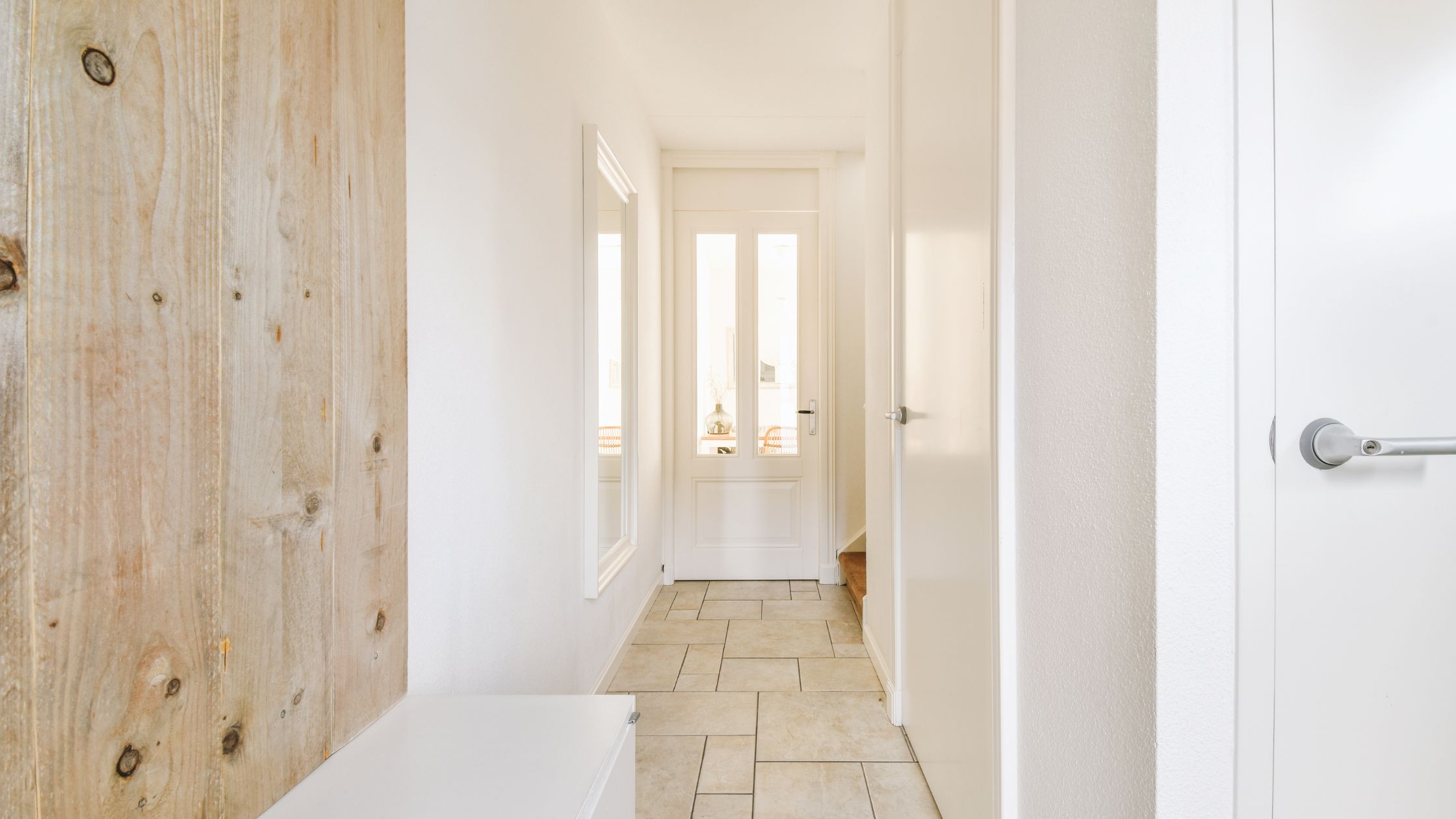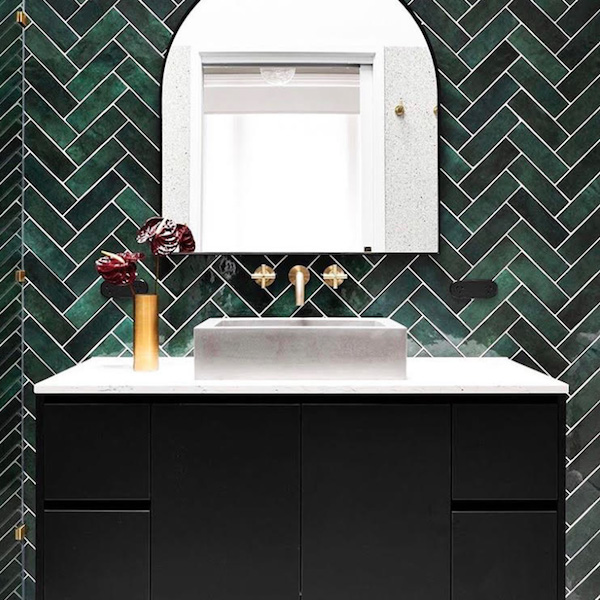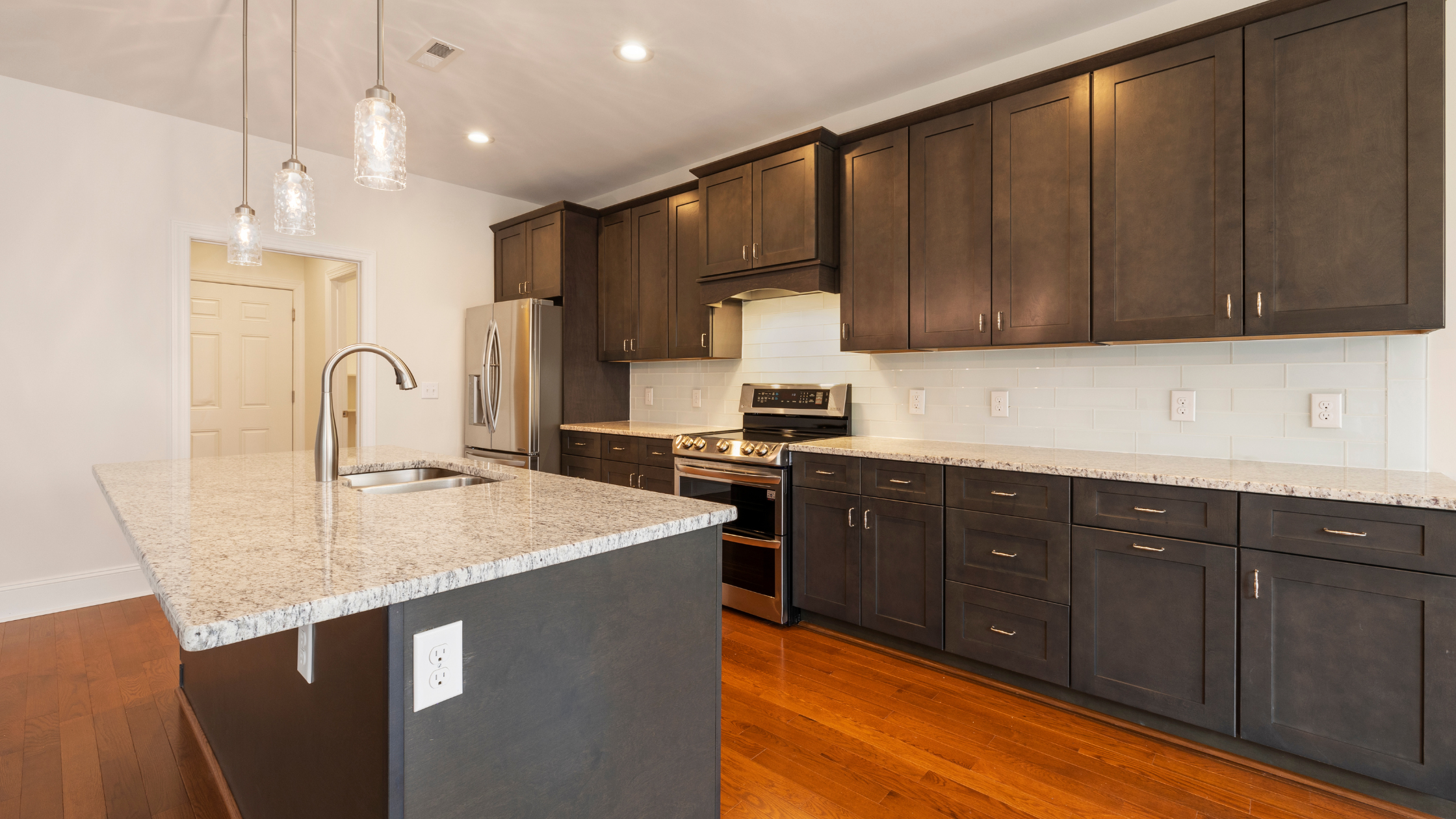
Best Tiling Materials for Floor and Wall Tiles FAQ
Whether you’re carrying out a trade or home tiling project, we have put together some key FAQs to help choose the best tiling materials for floor and wall tiles.
Discover the best colour grout to use for plain and pattern tiles, whether to apply tile primer and the best tiling adhesive for different surfaces.
Have a pressing tile question? Drop us a message here:
mail@aylesburybathroomcentre.co.uk or pop in to see us
Q) What colour grout is best for multicolour or pattern tiles?
For decades, this question has been straight forward with classic white grout winning hands down, but with more of us using multicolour mosaic, feature and pattern tiles in our décor the question of colour has become less clear.
Although there are no hard and fast rules – it is largely down to personal taste – there are some simple guidelines to follow.
If you’ve chosen a pattern tile embellished with a variety of colours and designs and want them to blend together, then opt for a light-coloured grout. This has the effect of unifying the tiles, creating a consistent colour surface.
Alternatively, if you want the pattern or shape of the tile to stand out, opt for a darker colour grout. The dark contrast will make the tile shape and shade really ‘pop’ – perfect if you want an eye-catching rather than subtle wall or floor covering.
Q) What colour grout is best for floor tiles?
To make floor tiles blend in with one another, then use a grout that is similar in colour to the tile. This gives a seamless appearance. It will also help a compact space, such as small bathroom or kitchen, feel bigger.
However, if you’re laying floor tiles in a high traffic area, such as a kitchen or hallway, lighter grout will show dirt and wear and tear. Opting for a slightly darker shade than the tile will help conceal stains and keep them looking fresher for longer.
Q) What colour grout is best for decorative tile patterns, for example, laying subway tiles in a herringbone pattern?
There has been a big surge in laying rectangular and brick shaped floor and wall tiles in intricate herringbone, chevron and basketweave patterns.
Applying contrasting grout (for example, black grout framing white herringbone pattern tiles) will draw attention to the geometric design, while using a coordinating colour will help bind them together.
If you want a less bold look, crisp white grout or coordinating colour grout will create a clean, contemporary finish.
We have a wide selection of high-specification white, black, grey and other coloured tile grouts to suit any scheme. Call in store or order online.
Q) What colour grout is best for marble tiles?
Marble tiles have distinctive veins in shades of black, grey, brown and silver. To highlight the pattern then use a similar shade grout or slightly darker to make this feature stand out.
Alternatively, to make the colours blend – creating a luxurious wall or floor of marble – use a lighter colour. For example, light grey grout complements white Carrara marble and marble effect tiles beautifully.
Q) What colour grout is best for subway tiles?
Classic brick shaped subway and metro tiles add a timeless touch to bathrooms and kitchens. While white grout or matching grout has been the go-to look for years, using contrasting black or grey grout gives an edgier, modern aesthetic.
The dark contrast defines the edges, emphasising the tiles clean, geometric lines. This technique is also effective for making shaped tiles stand out, such as hexagon, arabesque and mosaic tiles, as well as adding ‘wow’ factor to herringbone and chevron tile patterns.

Q) Do I need to use a tile sealer on my walls and floors?
While most ceramic and porcelain tiles are waterproof, grout is usually cement based which is porous. Applying tile sealer not only makes the grout waterproof but helps hold its colour too.
Our high-performance tile sealers add a durable protective barrier to tile surfaces and grout joints. As well as protecting against dirt and stains, they are mould and limescale resistant.
Q) What is tile primer? Do I need it?
Certain surfaces need priming beforehand to help floor and wall tiles adhere properly.
Primer has several benefits as it makes the surface less porous, helps strengthen the surface (especially if it is powdery, such as old cement or plaster) and prepares it for waterproofing (where waterproof tanking is going to be added).
Our low-price tile primers are suitable for a variety of surface (substrate) materials including concrete, existing tiles and wooden surfaces, such as chipboard and floorboards.
Q) What is the best tile adhesive to use?
Powdered tile adhesives rather than ready mixed varieties deliver the strongest bond and are powerful enough to fix heavy tiles, such as natural stone and marble tiles to different surfaces.
Our tile adhesives come in a wide range of colours, flexibilities and opening and setting times.
To find the best adhesive for the job depends on three factors:
- The area you are tiling – while a ready to use adhesive may be suitable for tiling interior walls, bonding tiles to internal floors is likely to need a stronger cement-based powdered adhesive.
- The types of tile you’re using – tiles 30cm2 and above are likely to need a cement-based adhesive, while natural stone and marble tiles require a strong multi-flex adhesive which gives a robust bond right away.
- The type of surface you’re tiling to – different surfaces require different adhesives, for example, plaster, plaster board and cement walls bond well with ready mixed tile adhesive or powdered adhesive.
However, if you’re installing tiles onto wood (such as wood floorboards), to give extra stability so that they don’t lift, it is best to fit a layer of plywood or tile backer board followed by a flexible powdered tile adhesive to allow for movement.
Our tiling experts can advise which adhesive is right for your project ensuring a quality, long-lasting bond. View our tile adhesives.
Q) What is the best tile cleaner?
We recommend and supply Rocatex, a professional tile and stone cleaner suitable for cleaning even the most delicate tile surfaces, including travertine, marble and terracotta.
This is a gem for keeping tiles in tip-top condition and looking pristine. If you want to bring back shine to heavily soiled tiled floor or wall, Rocatex tile and stone renovator removes stains and old sealant brilliantly. It is also suitable for outdoor patio tiles and paths.
Best Priced Tile Materials in Bucks!
Call in store for a huge selection of low-priced tiling materials including tile grouts and adhesives, tile primers, tile cleaners, levelling compounds, silicones, waterproof sealing tapes, tanking coats and tile backing boards – not to mention hundreds of great quality tiles!
Discounts are available for trade customers. Plus, we can arrange free delivery within three miles of Aylesbury Tile Centre, Chamberlain Road.
To find out more, call in – we’re open 7 days a week – or contact us here mail@aylesburybathroomcentre.co.uk



